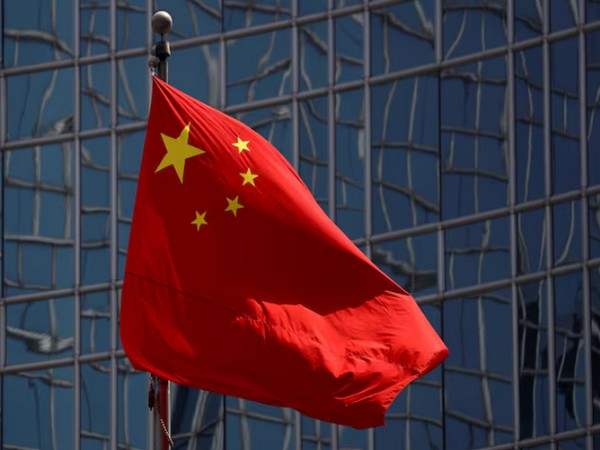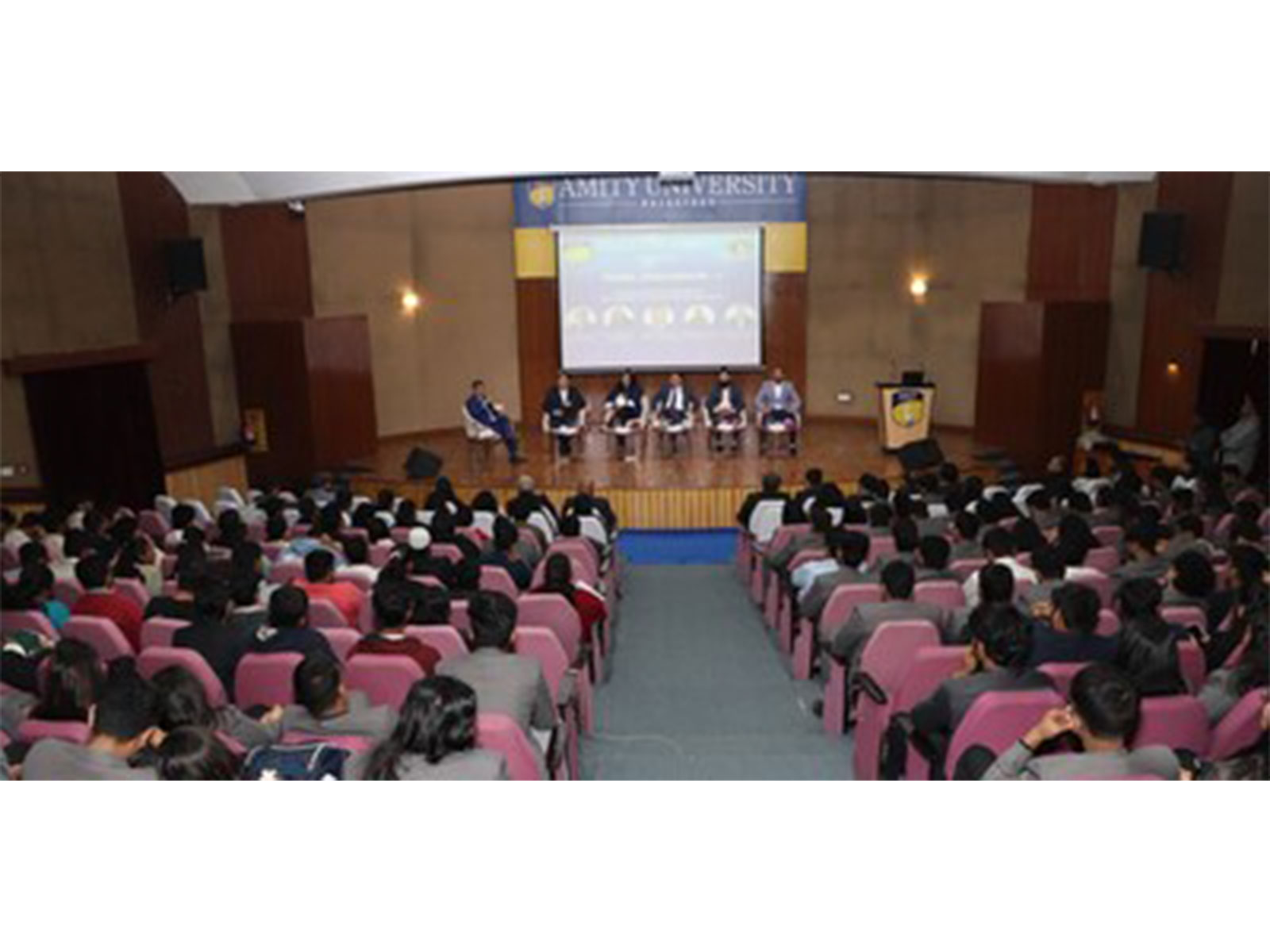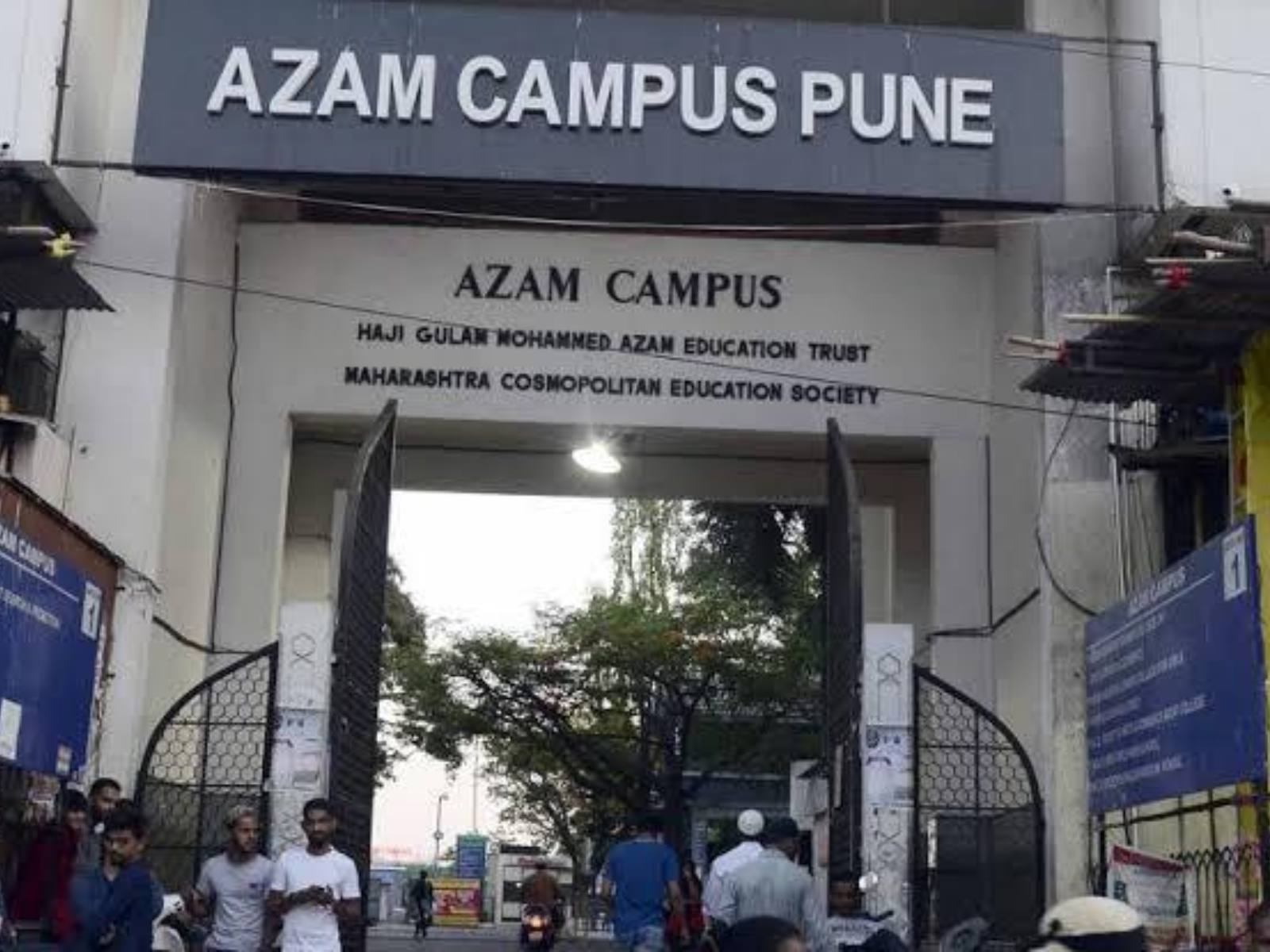
Policy profiteering threatens China's technological might
May 27, 2025
Beijing [China], May 27: Continuing to be tough on the US in the technology war, China is starting to expose new challenges due to corruption and policy profiteering.
So far, China has not made any moves to "back down" before the US in the technology war between the two sides.
From the efforts of the government
According to analysts, this stems from China's confidence that it is still capable of winning the technology war against the US. In recent times, China has continuously impressed with its breakthroughs in the fields of semiconductor chips and artificial intelligence. Typically, Huawei 's Ascend chip line has recently been increasingly exploited to develop training models (AI), even competing with some chip lines from NVIDIA Corporation. Then DeepSeek's AI platform also impressed. These are the evidences that help China be confident that it can still develop even when the US increases its technology sanctions.
Such achievements are due to the support of Chinese government programs. This country has established many large-scale funds to support technology development, especially semiconductor chips, AI or big data...
For example, in AI and robotics alone, China is also establishing a financial fund of up to 1,000 billion yuan (about 137 billion USD) to support startups in this field. Many Chinese provinces and cities are also developing their own funds to support AI and robotics companies. Typically, Shenzhen City has established a fund worth 10 billion yuan (1.37 billion USD) with a similar goal. Or Beijing has a support program that can be up to 30 million yuan (more than 4 million USD) to support each enterprise with an effective plan to accelerate AI and robotics.
To the reality of corruption and profiteering
However, an emerging problem in China is corruption and profiteering from technology development funding sources. According to the South China Morning Post , Chinese authorities have just cracked a corruption case in the country's Guizhou province. This is a mountainous province in southwestern China, one of the least developed regions in the country, but in recent times has sought to invest heavily in the digital technology sector with the expectation of creating breakthrough changes. Through that, Guizhou has attracted domestic and foreign technology giants such as Huawei, Tencent and Apple.
Guizhou has been particularly keen on developing big data and semiconductor technology, but the dream has now been overshadowed. Recently, Li Gang, director of Guizhou's National Defense Science and Technology Industry Bureau and former chief engineer at the Guizhou Big Data Development Agency, was investigated for corruption by the local anti-corruption watchdog. In addition, two former heads of the Big Data Development Agency, Geng Yaping and Ma Ningyu, are also facing similar investigations. Geng Yaping has retired and Ma Ningyu later served as mayor of Guiyang, the capital of Guizhou Province.
In early May, CCTV reported that Zhao Weiguo, former chairman of Tsinghua Unigroup, a leading Chinese technology corporation, was sentenced to a "suspended" death sentence for embezzlement of public assets. Specifically, Zhao embezzled 470 million yuan (more than 65 million USD) from the state fund supporting technology development, causing an additional loss of 890 million yuan (more than 120 million USD). Zhao's violations were discovered in 2022 and involved billions of dollars worth of support for a number of technology projects, but the results were stagnant or failed.
A recent report shows that technology - information technology is a hot area where China is targeting corruption investigations. From 2020 to 2024, China handled 350 corruption cases in non-governmental sectors, and one-third of these were related to corruption and profiteering in the technology sector, mainly from government subsidies.
This situation is a major obstacle to China's technology development strategy when the government gives a lot of support to this field.
Source: Thanh Nien Newspaper






